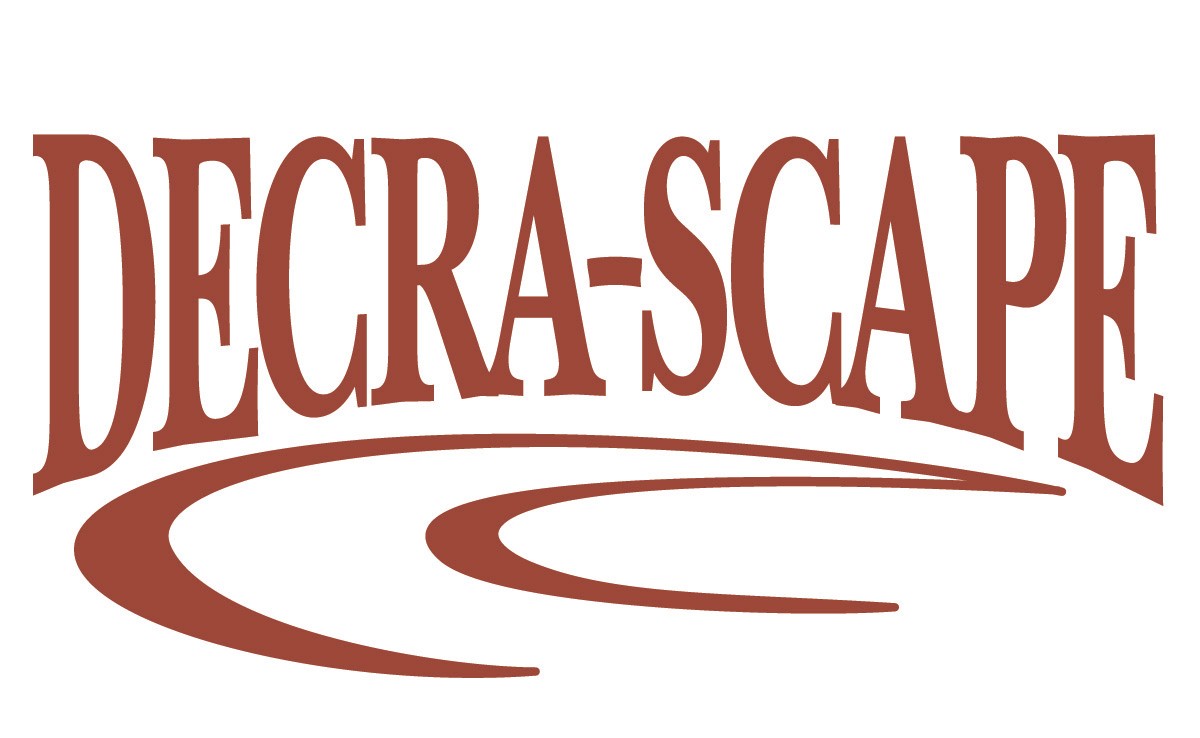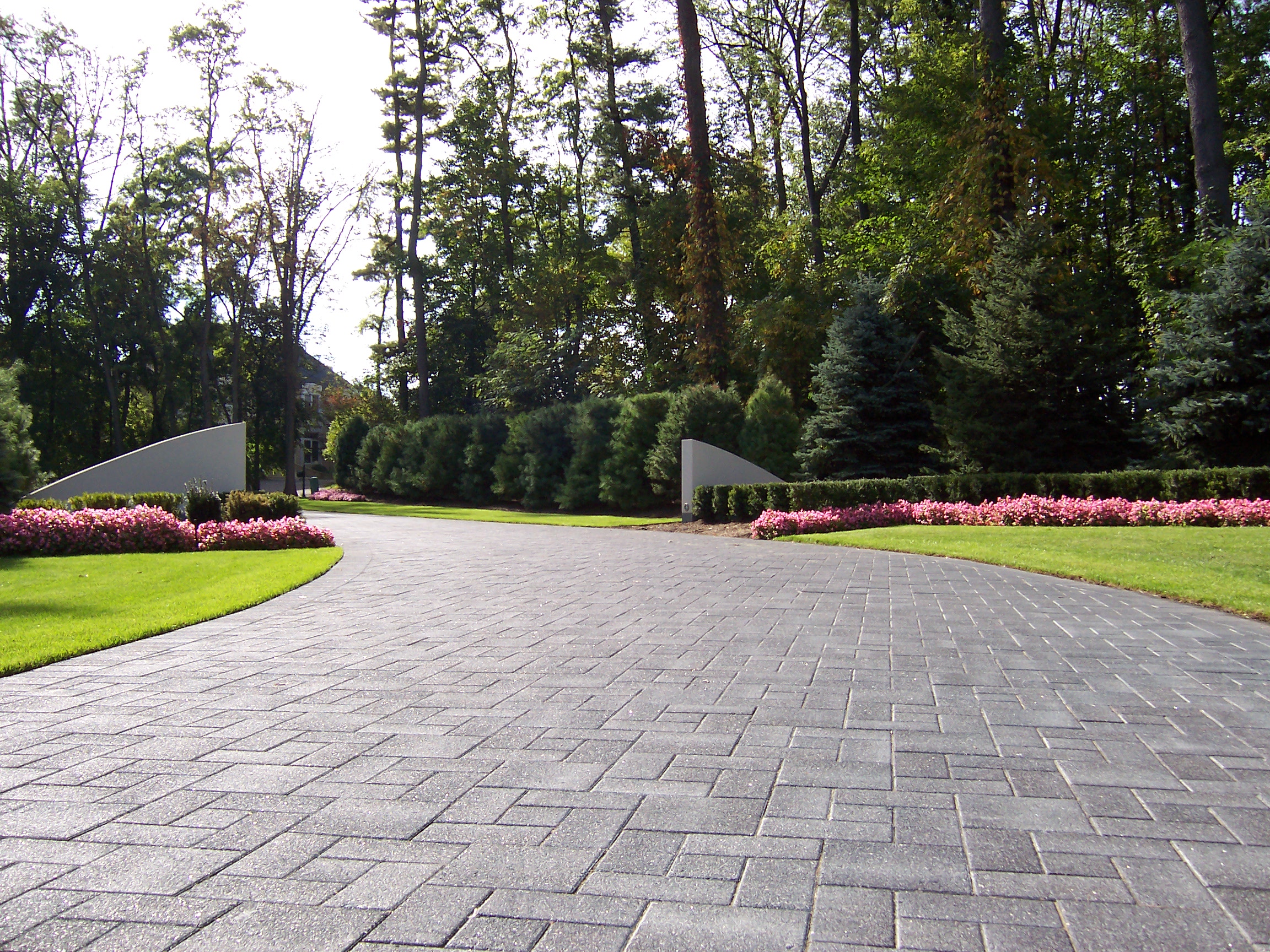As the crisp air of fall blows in, a familiar rhythm returns to Michigan: the freeze-thaw pattern. At first, temperatures dip below freezing at night only to rise again during the day. Later, as fall fades into winter, we experience extended freezes interspersed by occasional thaws—or slightly warmer days punctuated by sudden, hard freezes.
In short, seasoned Michiganders know that the freeze-thaw cycle can define the days that bookend winter, as well as those in between.
Unfortunately, ongoing freeze-thaw cycles bring trouble for paved surfaces—if they're not up to the challenge. Cracks, uneven settling, and even complete failure of the surface can occur. If not addressed early, these issues can escalate, turning small cracks into larger structural problems—and costly repairs—over time.
Fortunately, interlocking pavers have proven to be one of the best paving options for areas like ours, which are prone to these extreme cycles. Here’s why they stand out:
Flexibility to Handle Movement
The constant freeze-thaw cycle causes a phenomenon called frost heave. When water in the soil beneath your driveway or patio freezes, it expands, pushing the earth—and your paved surface—upward.
When temperatures rise and that water melts, the ground sinks back, creating subtle shifts. With poured concrete or asphalt, this movement often leads to cracks, as these rigid materials can't flex to accommodate the shifting ground.
But interlocking pavers function like a finely tuned, flexible system. The small gaps between each paver allow the surface to adapt to the natural expansion and contraction that comes with frost heave, all without cracking.
Durability Against Harsh De-icing Chemicals
If you’re reading this, then you probably live in an area where you’re familiar with de-icing chemicals, which can help keep your driveway and walkways safe during icy winters. However, while these chemicals make surfaces less slippery, they can be damaging to many paving materials.
Learn more: Freeze-Thaw Resilience: Choosing the Right Materials & Maintenance for Michigan Winters
Asphalt and poured concrete are especially vulnerable to chemical degradation, as de-icers can penetrate the materials, causing them to weaken and crack over time.
Interlocking pavers are designed to be far more resistant. Their dense composition and high-quality manufacturing limit the absorption of de-icing chemicals, protecting the surface from erosion and helping to maintain structural integrity.
Just be sure to apply de-icing chemicals in moderation—and select the right ones. Doing so will keep surfaces safer without as much risk to long-term durability.
Simple Repairs and Replacements
Another major benefit of using interlocking pavers is how easy they are to repair. If one section of your driveway or patio shifts unevenly due to frost heave, you don’t need to replace the entire surface. You can lift the affected pavers, level the underlying area, and replace them, leaving the rest of the surface intact.
This makes interlocking pavers not just a practical choice, but also a cost-effective solution for longevity and care over time.
Visual Appeal All Year Long
It’s no secret that winter can strip your landscape of much lush foliage, leaving your hardscape to take center stage. This is another instance where interlocking pavers truly shine.
More readily formed into intricate patterns—from classic herringbone to running bond and so much more—interlocking pavers provide myriad options for infusing interest and style into your paved outdoor surfaces year-round.
Learn more: walkway patterns and driveway patterns
Consider using a combination of paver colors and patterns to add visual interest to driveways, walkways, patios, and more—even when plants are dormant.
Versatility for Any Application
Whether you're designing a driveway for a residential home in Michigan or creating a durable parking area for a commercial property in our freeze-thaw climate, interlocking pavers offer versatility.
Today’s paver options come in a vast array of colors, sizes, and finishes—from modern, sleek designs to rustic, natural looks. This means that finding the perfect match for your project is easier than ever.
And no matter which option you choose, it’s ready to take on the test of time through every freeze and thaw cycle our weather has to offer.
Getting Started with Interlocking Patterns
As you consider the best way to protect your outdoor surfaces from the challenges of freeze-thaw cycles, think about the long-term value and visual impact of interlocking pavers.
Not only will they safeguard your property from seasonal damage, but they’ll also enhance its aesthetic appeal year-round.
Have more questions about interlocking pavers or the freeze/thaw cycle? We’d love to discuss the options with you.
For more inspiration, check out our gallery of our work, read more on the blog, or catch up with us on Instagram.


